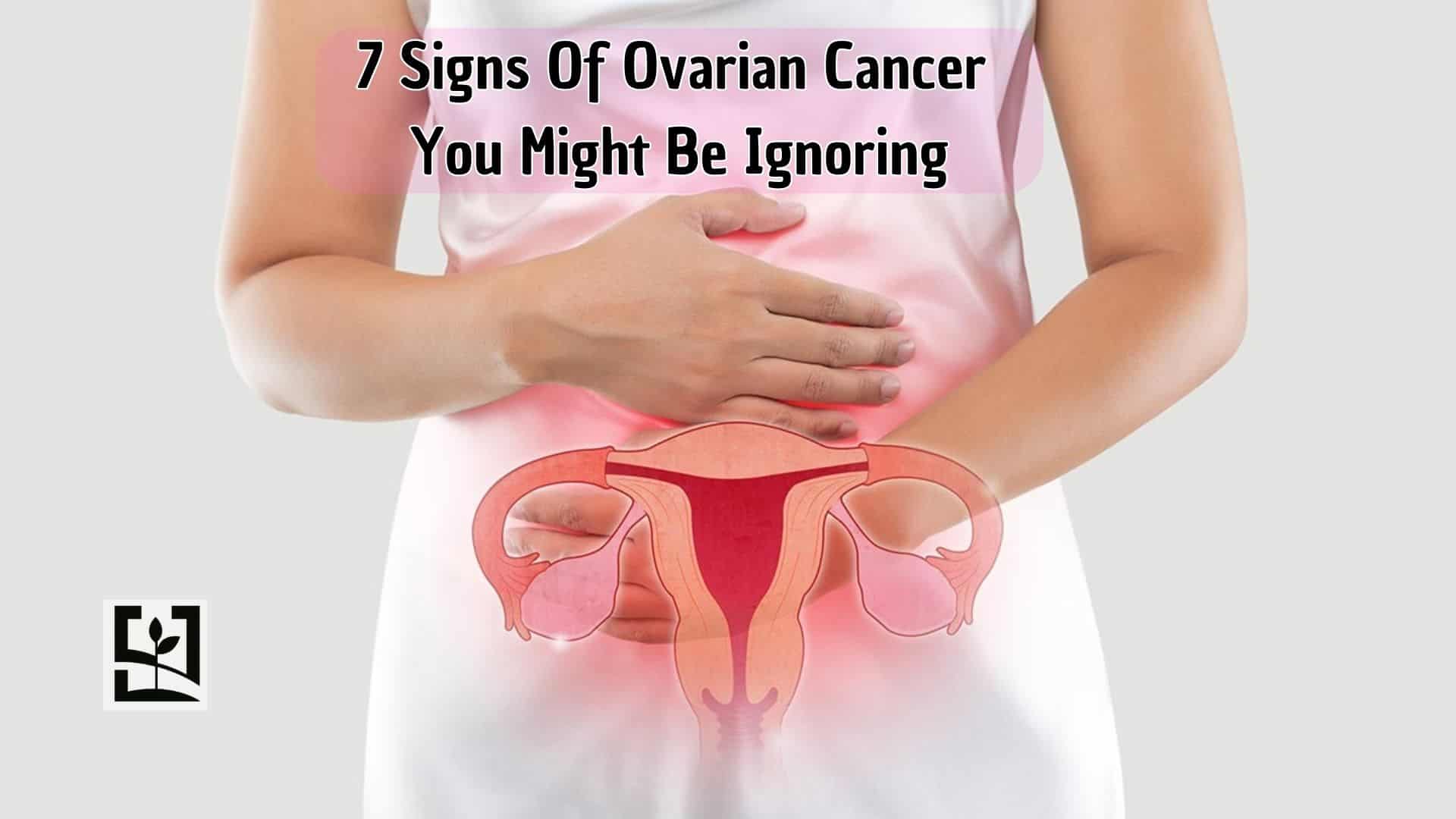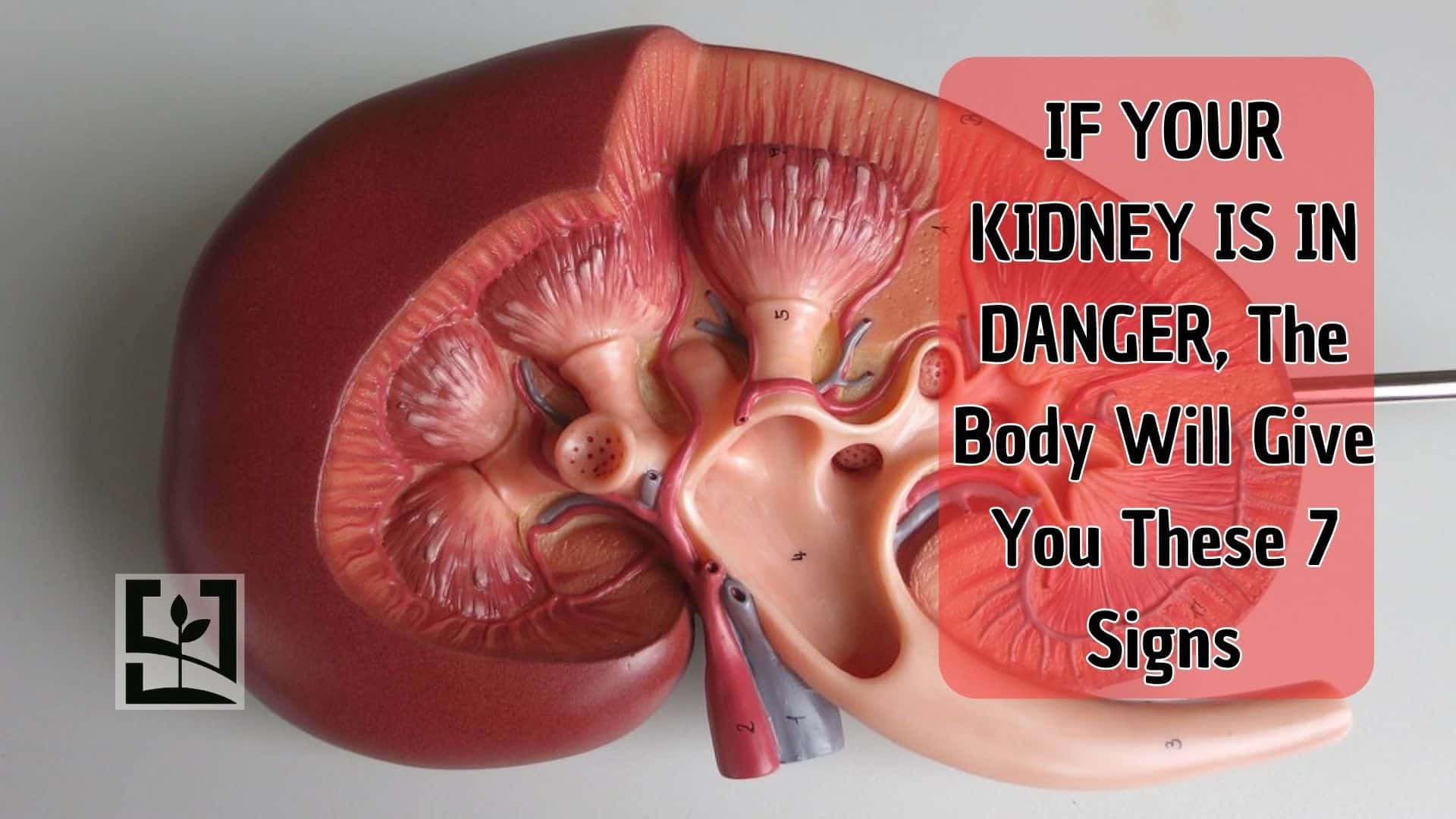Ovarian cancer is a deadly and often asymptomatic disease that affects the ovaries, which are responsible for producing eggs and hormones in women. Early detection greatly improves treatment outcomes and chances of survival. Recognizing these warning signs is important for every woman’s health. In this article we will take a look at the early symptoms of ovarian cancer that every woman should be aware of.
1. Persistent abdominal or pelvic pain: Any discomfort or pain in the abdominal or pelvic area that does not go away and is not related to other digestive problems should be evaluated as soon as possible.
2. Abdominal bloating: Persistent bloating accompanied by abdominal discomfort that cannot be improved by dietary changes or other conventional treatments should be a cause for concern and requires further research.
3. Having trouble eating or feeling full quickly: Sudden changes in appetite, difficulty eating, or feeling full quickly, even if you don’t eat much, may be a sign of an underlying problem.
4. Changes in urinary tract:
Urinary frequency, urgency, or changes in bladder habits that are not caused by a UTI should be carefully observed and investigated.
5. Changes in menstrual cycle:
If you experience unexplained changes in your menstrual cycle, such as heavy bleeding, irregular periods, or bleeding after menopause, you should discuss it with your healthcare provider.
6. Unexpected Weight Loss:
Unintentional weight loss due to unintentional changes in diet or exercise requires investigation to find the underlying cause, which could be ovarian cancer.
7. Fatigue:
Persistent, unexplained fatigue that does not improve even with rest may be a sign of an underlying problem and should not be ignored.
8. Pain during intercourse:
Dyspareunia (pain and discomfort during intercourse) can be a symptom of various gynecological conditions, including ovarian cancer.
9. Back Pain:
Unexplained back pain, especially lumbar discomfort, may be related to ovarian cancer and should be investigated further.
10. Change in bowel habits:
Changes in bowel movements that do not respond to standard treatments, such as constipation or diarrhea, may require further research.
11. Family Tree:
Your risk increases if you have a family history of ovarian or breast cancer. Women with a family history of this condition should use extreme caution and consult a medical professional about the risks.
12. Imaging Abnormalities:
For example, an ultrasound or CT scan may indicate an abnormality in the ovaries that requires further study.
It should be noted that these symptoms can be caused by conditions other than cancer. However, if you have these symptoms for a long time and are not improving, you should see your doctor.
Disclaimer:
Please remember that the information provided in this article is for general information purposes only and is based on publicly available sources. It is not intended to replace professional medical advice, diagnosis or treatment. If you have any concerns about your health or experience any of the symptoms listed above, you should seek the advice of a certified health practitioner. Ovarian cancer is known as the “silent killer” because its symptoms can be confused with symptoms of other diseases. Early detection is important, but any final decisions about your health should be made by a health care professional.
in conclusion: Having regular gynecological checkups and discussing any concerns with your health care practitioner can lead to early detection of ovarian cancer and other health conditions, ultimately improving outcomes and ensuring your long-term health. . The key to defeating ovarian cancer and improving your chances of a good recovery is early detection.





